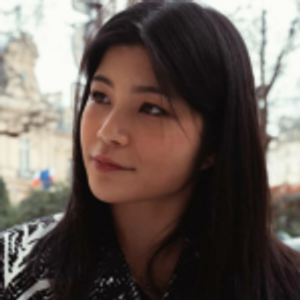“J-Beauty” has been gaining attention in the Western beauty industry. The beauty regimen that symbolizes Japanese beauty, derived from traditionally cultivated aesthetics, concepts and customs, has slowly become a part of the daily lives of people around the world. “J-Beauty report from Europe” introduces the J-Beauty brands which are gaining popularity in Europe while also digging into the ancient methods of Japanese beauty. The series is supervised by Keiko Suyama, who represents the brand Dessigne and has lived in Paris for over 20 years, consulting with Japanese beauty brands looking to expand into the European market. With Suyama, we explore various Japanese aesthetics and the driving forces behind the J-Beauty trend in Europe.
The ninth installment is IPSUM ALII, a Swiss-based company that combines traditional herbal medicine and modern science to transform it into skin care products. Ms. Suyama was also fascinated by the philosophical approach. The two founders, Kikoc Veopraseut and Nora Kato, have both been involved in Japanese culture and have accumulated international experience. Based on the mission to spread the power of herbal medicine rooted in Japanese tradition to the world, they lead not only the skin but also the physical and mental health through IPSUM ALII. We asked co-founder Kikok about their encounter with herbal medicine and its essential power.
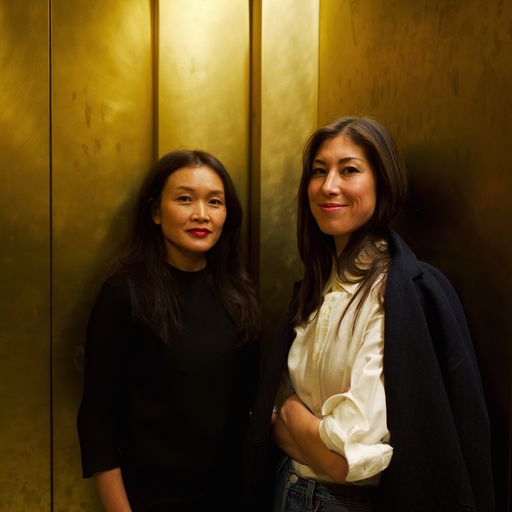
IPSUM ALII
Kikoc Veopraseut grew up in France with a mother who, as a trained paediatrician, would complement some of the Western medicines with Eastern Herbal treatments. She studied both in France and the US before moving to Asia for her career and have experienced childbirth and childcare while spending eight years in Tokyo. During her time in Tokyo, she discovered the power and benefits of acupuncture for pregnancy, shiatsu for muscle stiffness, and Kampo for sleep and skin issues. Nora Kato was born and raised in both countries with a Japanese father and a German mother. She studied in Germany and got an MBA in France, then has worked for International brands in the luxury sector and in cosmetics in Europe and Japan. Incorporating Japanese rituals while living in Europe has always been a part of her. Even more so when she became a mom – now I am passing these rituals on her my kids.
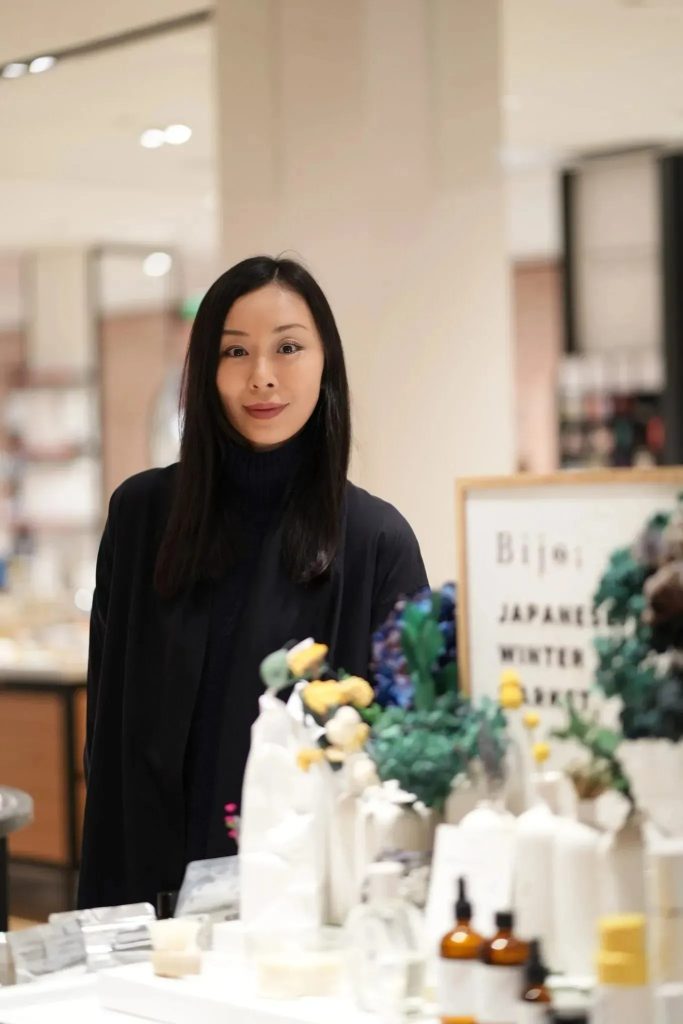
Keiko Suyama
Born in Tokyo and has lived in Paris for 20 years. She holds an MBA in Brand Management from INSTITUT FRANCAIS DE LA MODE. In 2010, she established Dessigne, a consulting company specializing in brand strategy, sales and communication, from Japan to the European market. In 2016, she started a conceptual project called “Bijo,” curating J-Beauty and lifestyle brands. She has clients in some 150 stores across 20 countries, from major department stores such as Harrods, Le Bon Marché, Ritz Paris, and Sephora.
Introduce Japan’s powerful Kampo philosophy to Europe
––First of all, please tell us about IPSUM ALII.
Kikoc Veopraseut:We decided to embark on a mission: to bring equilibrium back into our busy lives, remove blockages, ensure our entire systems were circulating and flowing again – and at the same time, introduce Japan’s powerful Kampo philosophy to Europe with a range of holistic and clean skin care products, made exclusively in Japan.
We were careful to strip off as many ingredients as needed to comply with strict EU regulations and, most importantly, to ensure the purest and highest quality products for customers. We also did not add any fragrance to the products, as this can be highly irritating for sensitive skin. Then, the most powerful ingredients were paired with modern science – resulting in products offering a new life-boosting daily ritual for rest and reset. The end result? A holistic skincare line for active urbanists.
−−What motivated you to start?
Kikoc:We first met when we were living in Tokyo, before our paths crossed again while raising families in Zurich. IPSUM ALII came to life after countless conversations led to the realisation that despite living the lives of our dreams, like many busy working mothers, we were regularly exhausted with little time for ourselves – and this was often reflected in our skin condition. At the same time, we recalled countless moments of restorative peace and pleasure while living in Japan – from soaking in hot spring onsen baths to exploring the world of medicinal Kampo herbs, both of which had a positive impact on our skin as well as our general sense of well-being.
We believe Kampo is one of the last well-kept secrets in Japan, which benefits should be shared with the rest of the world! Hence, we decided to transfer the power of Kampo herbs from its traditional medical use in Japan to our daily beauty rituals in our first potent skincare essentials.
––Where does the name IPSUM ALII come from?
Kikoc:As we are using herbs from Japanese traditional medicine Kampo, it became quickly clear that we would use Latin as a language used in medical books.
”Ipsum” in Latin means oneself; for example selfcare
”Alii” in Latin means other; for example our environment and people surrounding us
IPSUM ALII reflects our philosophy of how taking care of oneself is part of a larger dimension that includes respect for our environment by showing others the way to a more balanced relationship between oneself and our surroundings.
––Can you tell us about the bestseller and signature products?
Kikoc:We have two signature products: The Skin Refining Gel and the Nourishing Adaptogen Cream. A third one is coming soon.
IPSUM ALII uses a triad system, from the Kampo philosophy, of three essential elements, to categorize the benefits of each product – KI; KETSU; and SUI.
KI is energy fundamental to living things. KETSU represents blood, its consistency and circulation and SUI all other liquid elements in the human body. In Kampo, the healthy state of human beings means a well-balanced or non-deviated condition of the three substances.
The SKIN REFINING GEL is a gentle water-based creation, which both polishes and stimulates new skin cells, through a powerful blend of herbs and science. The main element KI is enhances blood circulation. The formulation is a true innovation for the European market. It reacts with the keratin on the skin and gently rubs off dead skin cells of the epidermis, enabling your skin to renew itself – like an eraser, leaving your skin smooth, rosy with a healthy illumination.
Key ingredients range from Kihada Bark, renowned for its anti-inflammatory qualities and rich in berberine, an established anti-aging compound; to Maguwa Root, which calms irritations, even skin tone and lightens age spots.
NOURISHING ADAPTOGEN CREAM, contains a soothing and profoundly replenishing plethora of 4 adaptogenic plant ingredients. Among them is Reishi, a fungus with antioxidant properties that strengthen the skin’s barrier. There is Akayajiou Root, which bursts with vitamins (A, B, C and D) and is considered a restorative Yin tonic with powerful antioxidant benefits. It is complemented by Hatomugi Seed, a powerhouse herb that smoothes, refines and tones dry skin; and anti-inflammatory Ukon, wild Japanese turmeric, rich in potassium, vitamins and magnesium. The KI, KETSU, and SUI elements in this product focus on building and maintaining your skin hydration. Blood cells are deeply nourished by nutrient-rich adaptogens. This moisturizer will boost your skin’s hydration level, strengthen its protective barrier, while reducing redness.
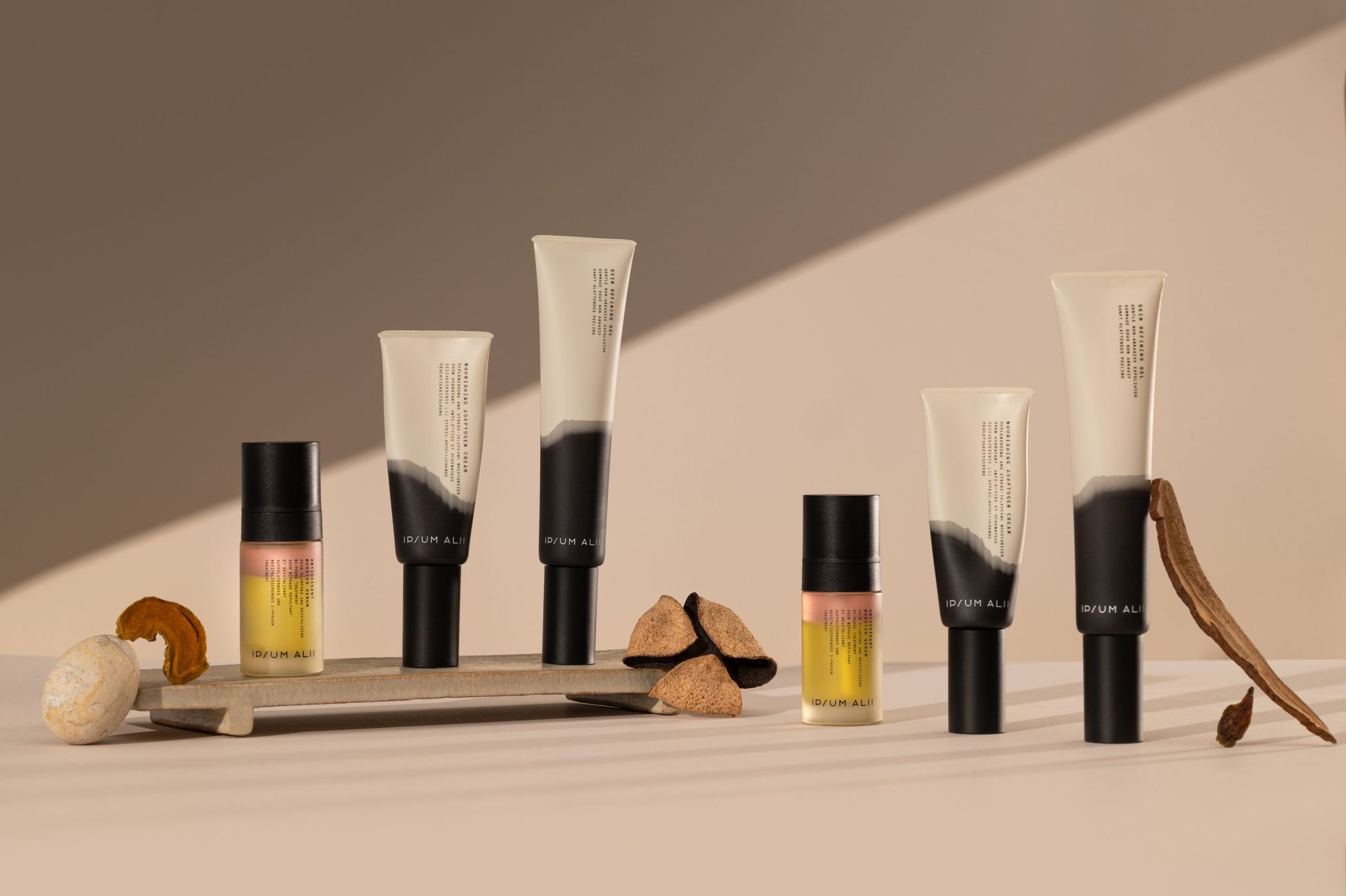
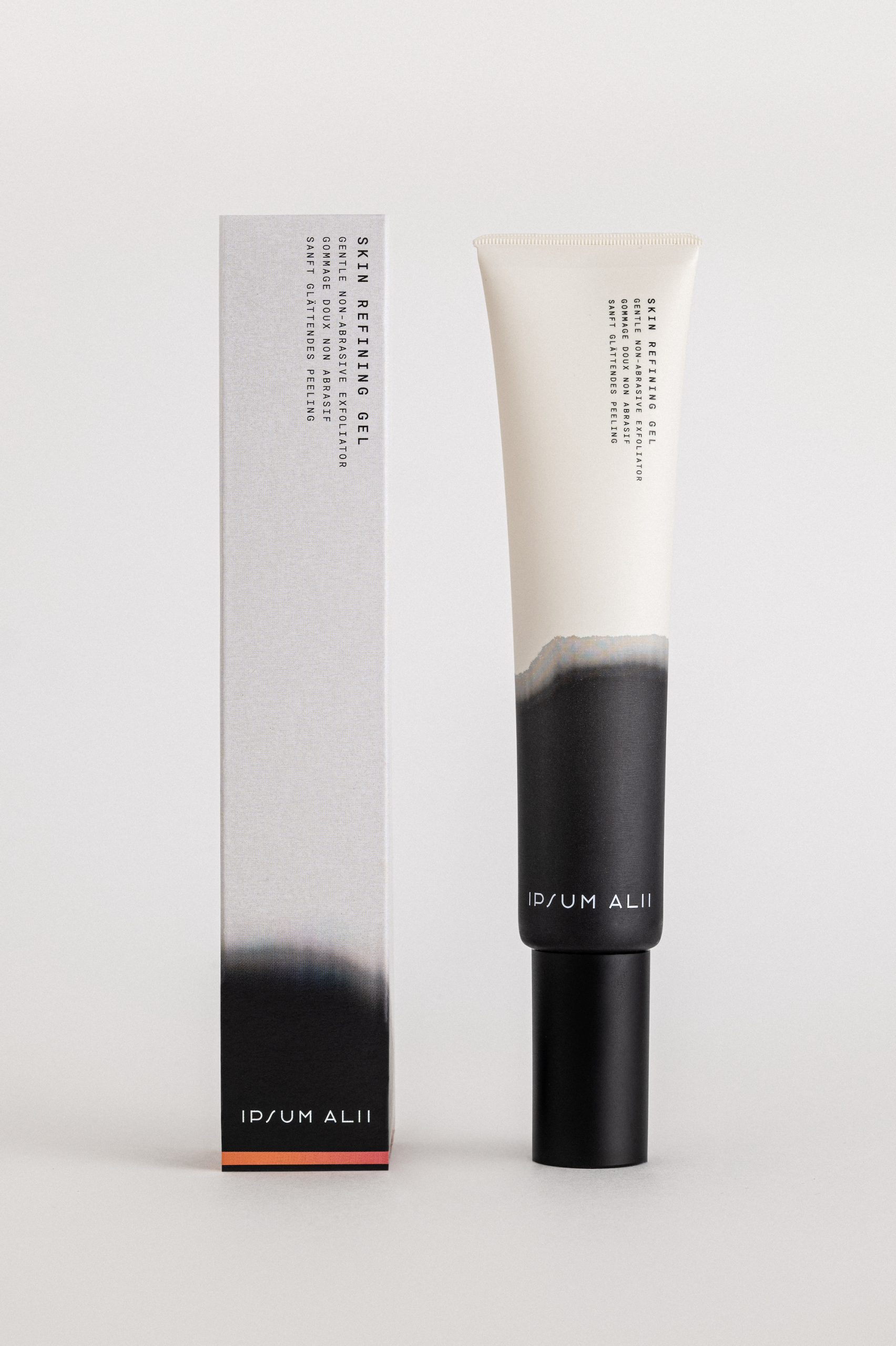
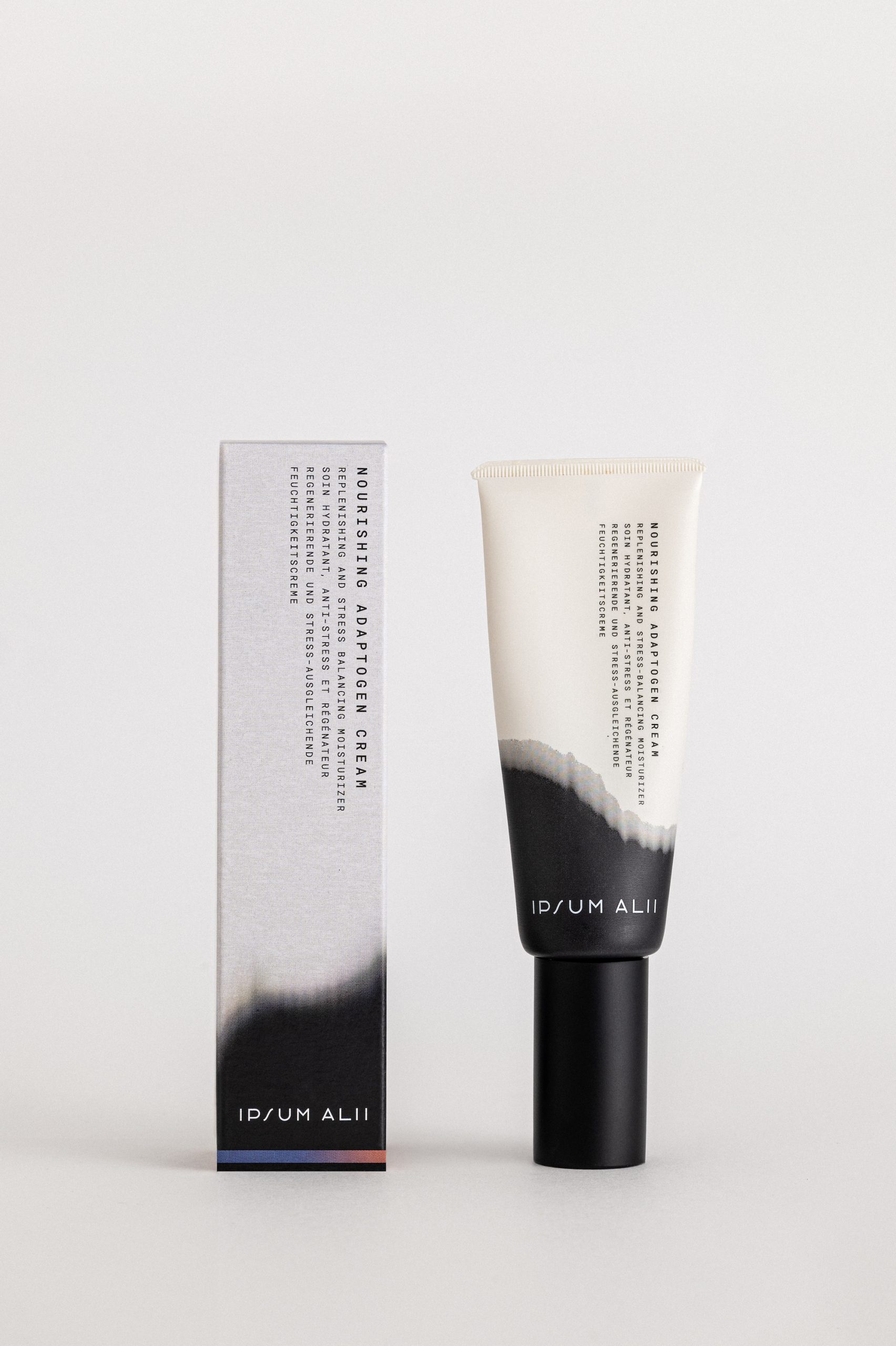
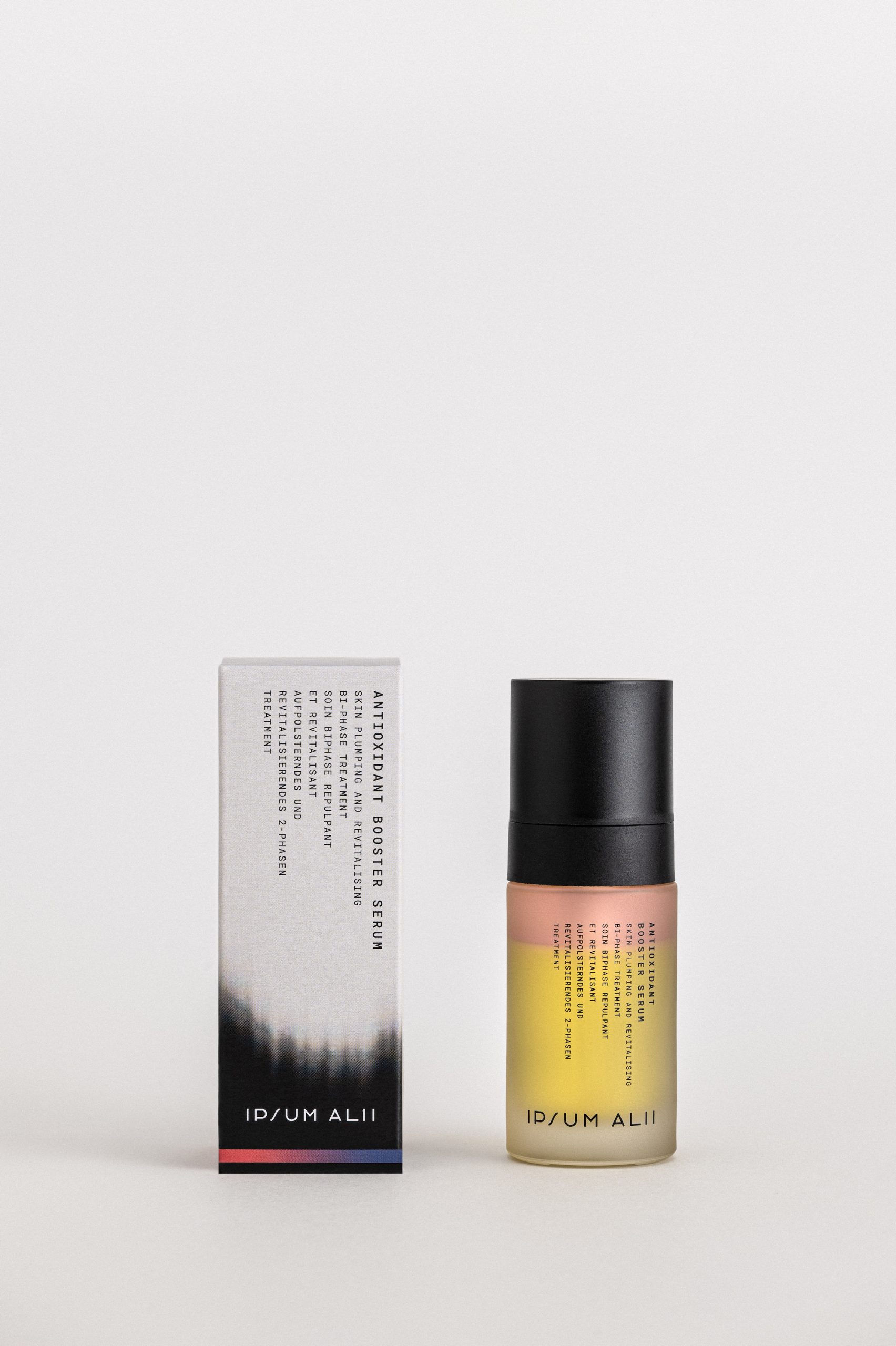
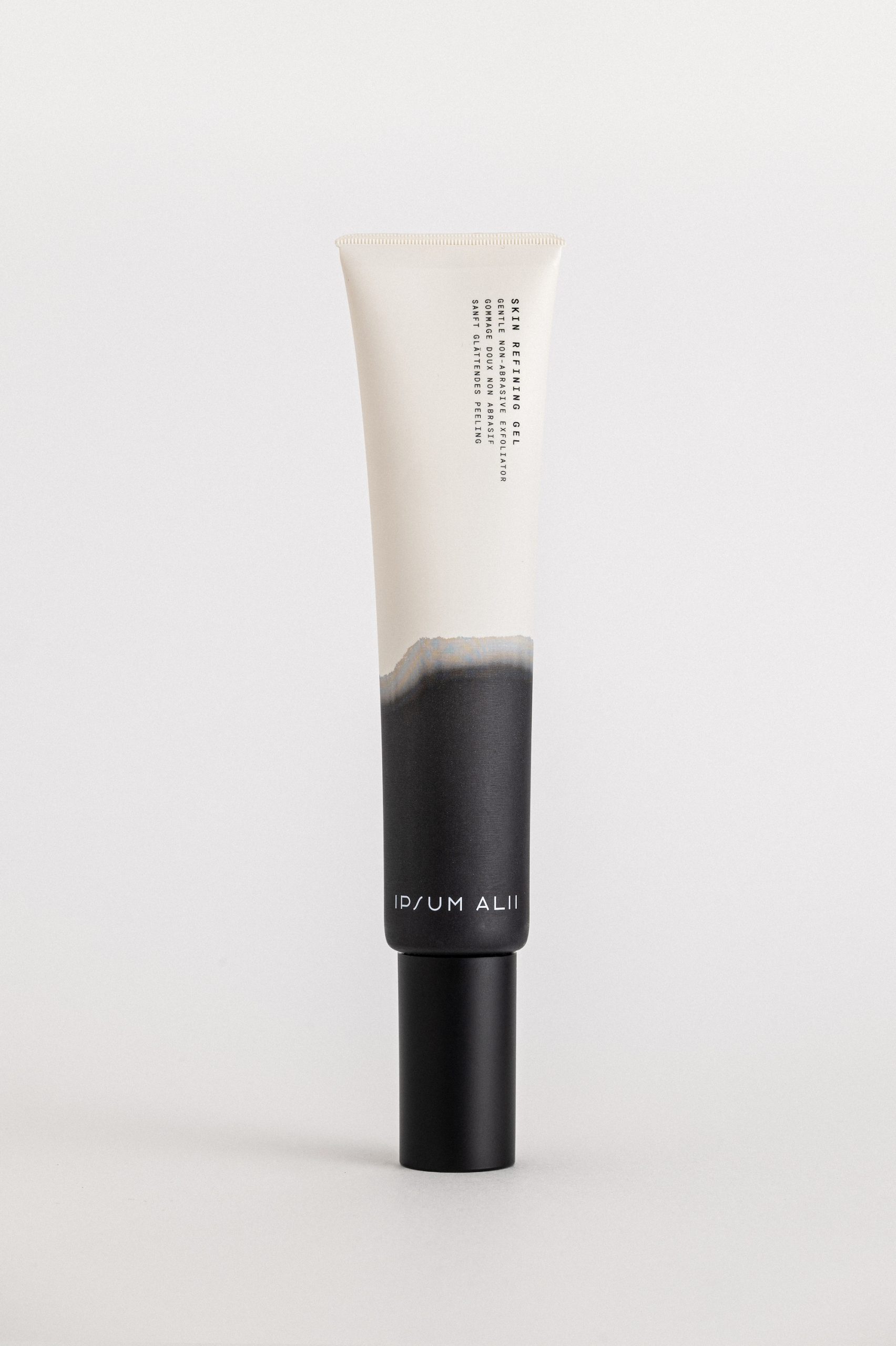
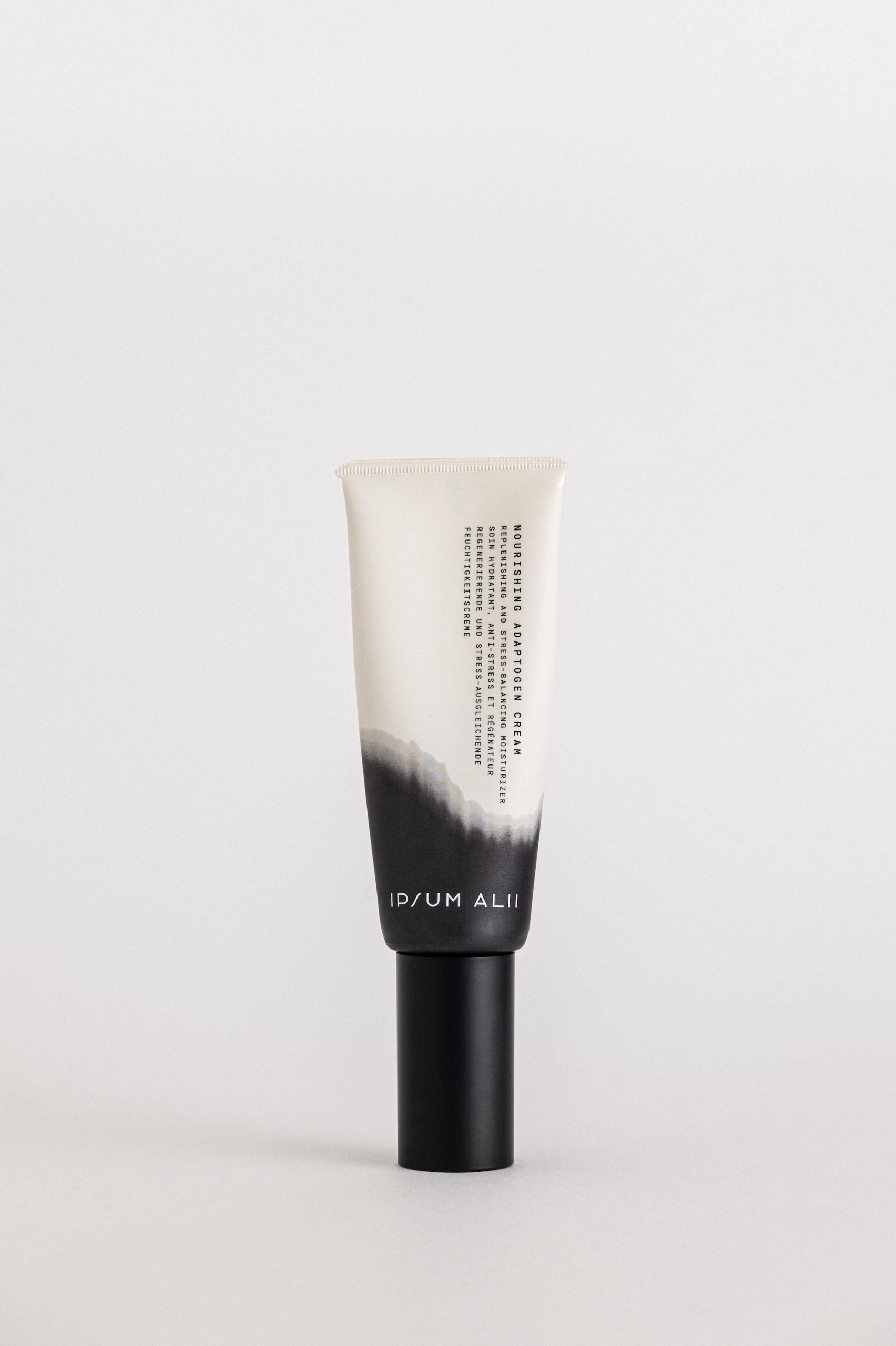
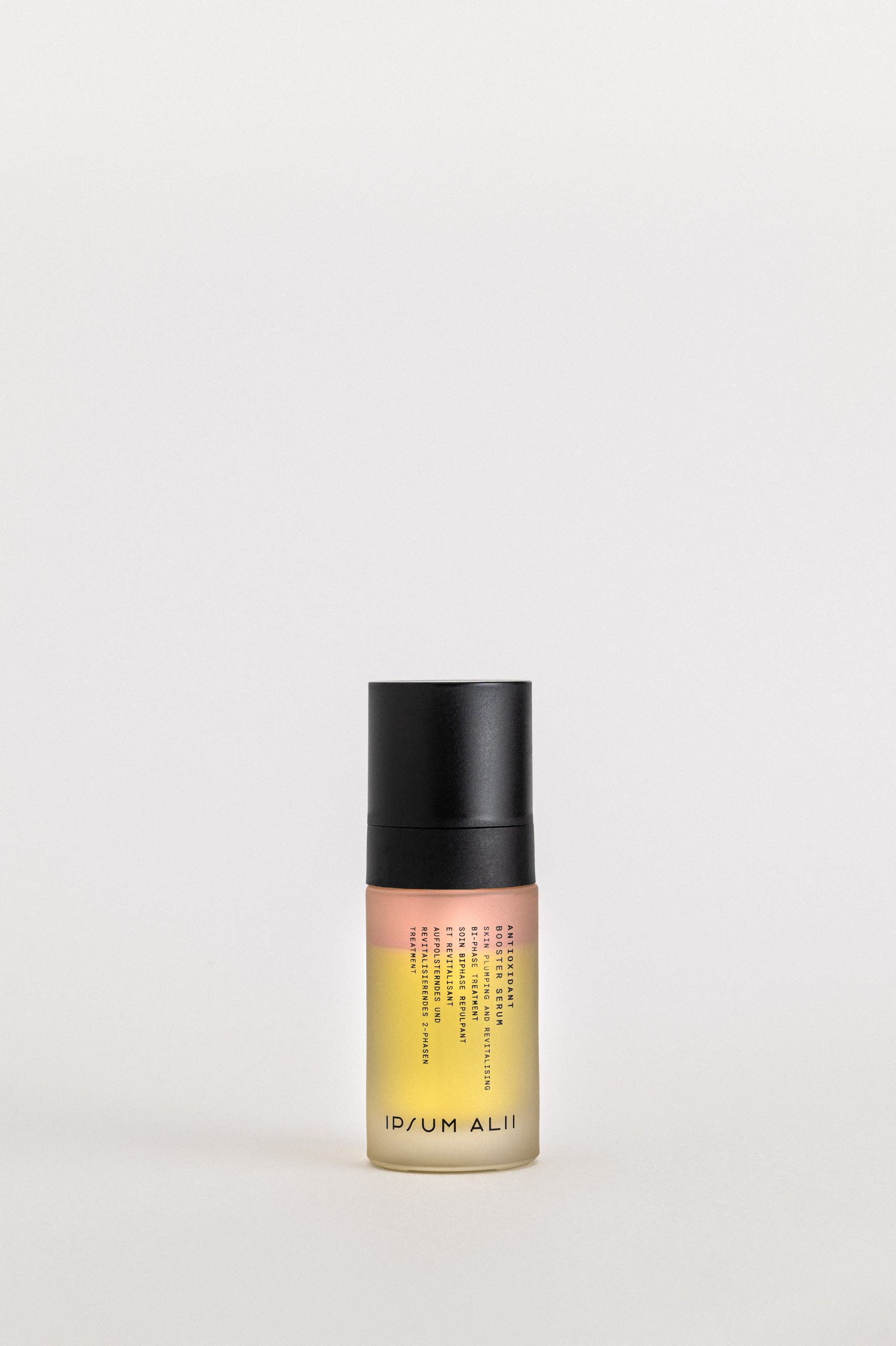
J-Beauty is not limited to skin care, it extends to lifestyle
––Despite the fact that each country has its own beauty ritual, why do you think J-Beauty captivates you?
Kikoc:We believe J-Beauty focuses on quality and a sustainable ‘less-is-more’ approach. It’s not about putting an endless amount of products on top of each other. It’s rather about selecting a few very good ones that emphasize healthy skin, rather than a quick fix for a skin issue.
When working with our award-winning small lab in Osaka, their attention to detail really stood out. We meticulously researched each ingredient and made conscious choices for each one of them. Sometimes favoring clinically proven ingredients over natural ones, to obtain gentle yet effective products for sensitive skin
In fact, what is inherent to J-Beauty is its combination of tradition and innovation. In addition, good skin care is not overshadowed by strong perfumes, popping packaging, etc. It takes attention to experience it: the lightness of the texture, the smoothness of the gesture, the subtleness of the scent,.. noticing how the face feels, how the skin looks. With that in mind, J-Beauty becomes more of a ritual than a routine, where each gesture becomes a ceremonial, mindful step toward beauty.
––How do you define J-Beauty in your words?
Kikoc:J-Beauty is prevention above all. From cleansing our skin to hydrating it and protecting it from the sun. J-Beauty is about not too many products, but the essentials needed with the best of ingredients, in that sense it prioritises quality over quantity.
J-Beauty is quiet but powerful; by that we mean it is not in your face loud and shiny and persuasive, but rather calm and in the background. Maybe you have to look twice to see how good something really is. It doesn’t “scream” at a customer while attracting them with a special scent, J-Beauty just works quietly. It seamlessly combines tradition and innovation, and finally, J-Beauty is not limited to skin care, it extends to lifestyle!
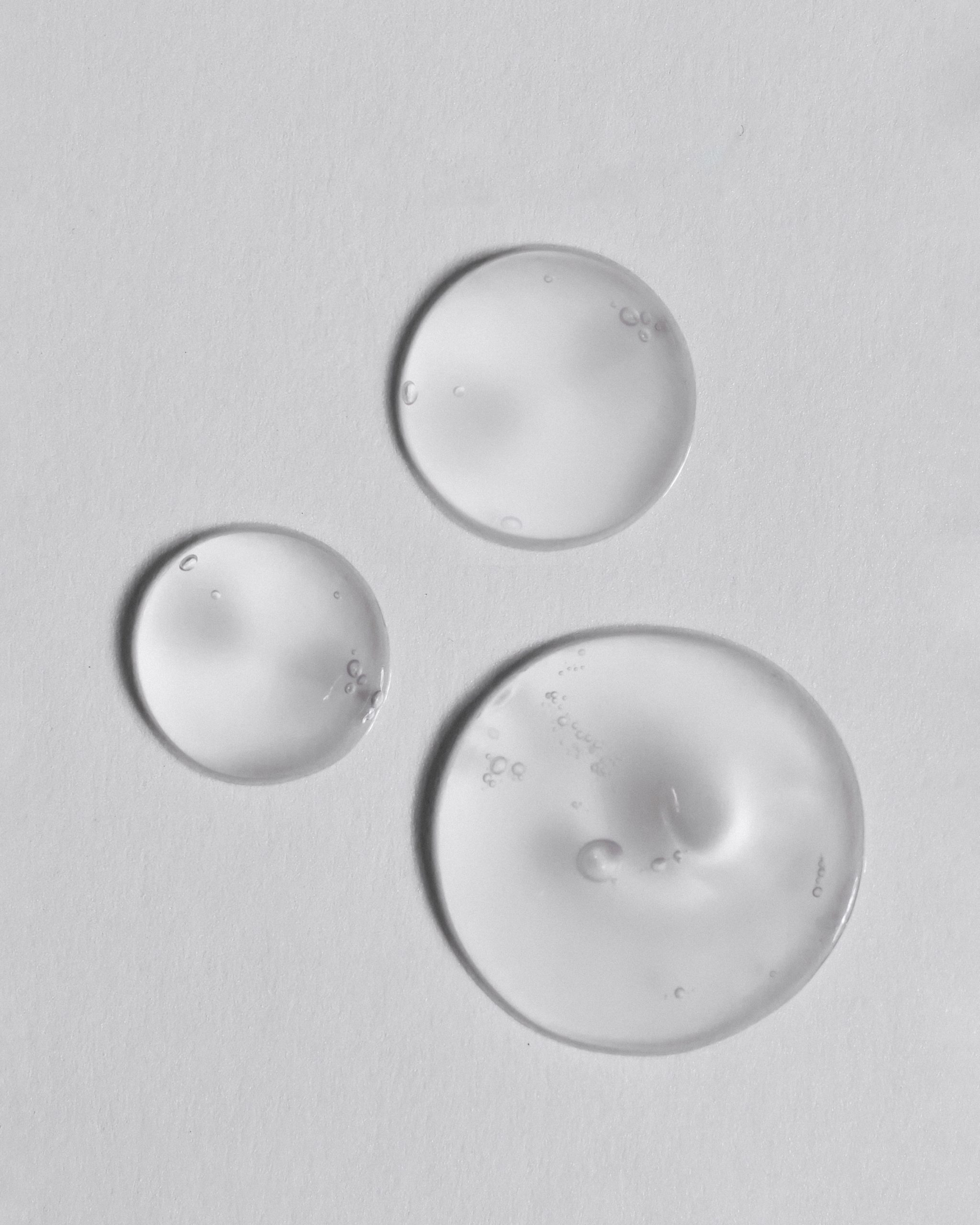
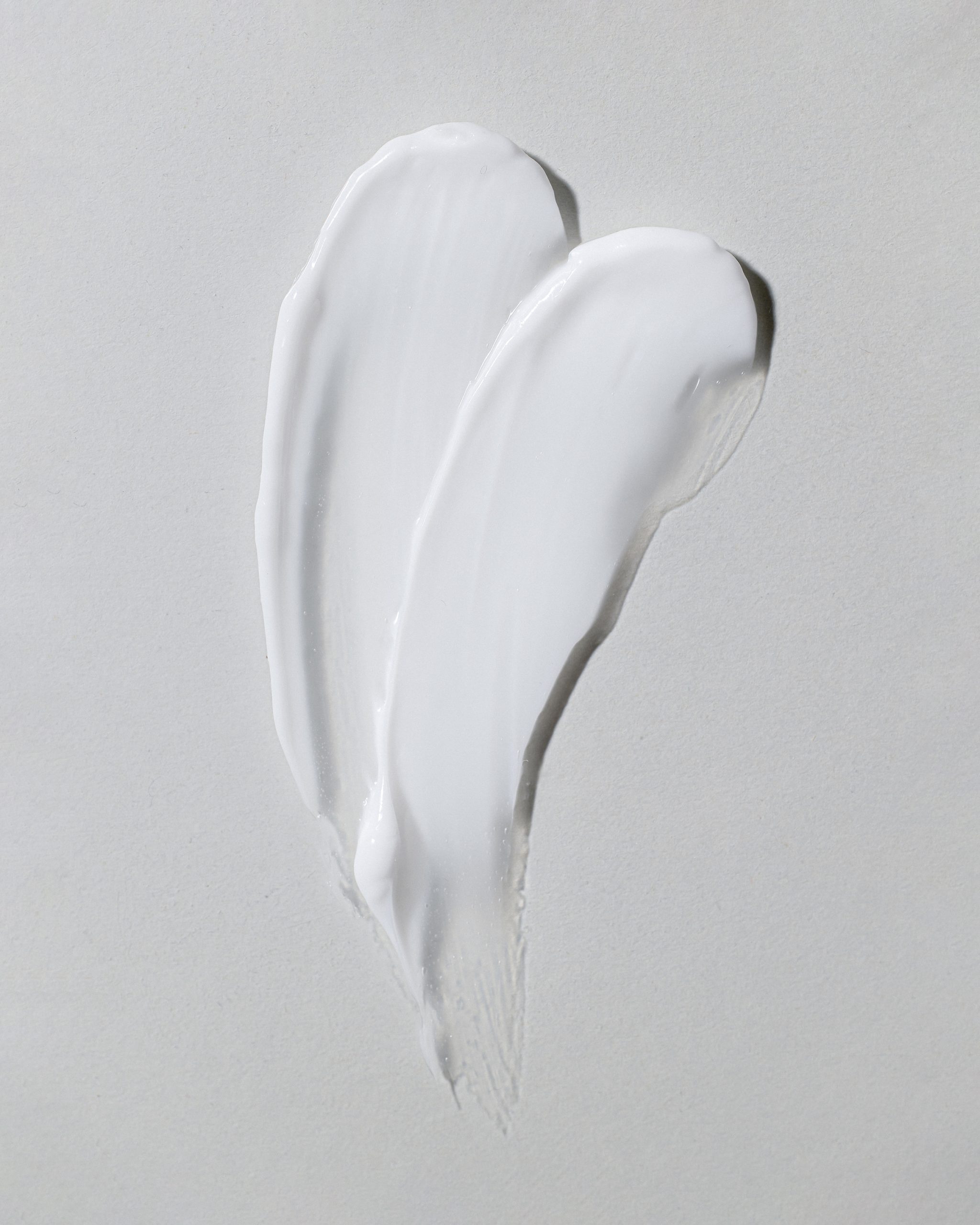
––What do you think is the reason why J-Beauty gain popularity nowadays?
Kikoc:We think it follows a resurgence in the popularity of Japanese design (i.e. japandi in Europe), fashion (appointment of a Japanese Creative Director Nigo at Kenzo, etc.) and beauty (smaller Japanese brands adventuring in the European market). With a busy lifestyle and an increase in skin’s sensitivity (71% of adults identify as having sensitive skin, an increase of 50% compared to 2 decades ago), people are looking for less but better quality: the essentials.
In addition, in Japan often moderation, not excess, is key. That applies to skincare as well. A consistent routine with a few, qualitative products is more sustainable for the environment, gentler on the skin microbiome and more effective toward a healthy skin goal.
––What feedback have you received from your customers?
Kikoc:One of our online customers wrote that our cream is a “must-have for product-stealing spouses”. Not only did the cream become one of her favorites, but it slipped into her husband’s routine as well! Another client, who has an oily face, said after applying it during her nighttime routine “it is the first time I wake up without a shiny oily face”. The makeup artist Karin Westerlund, who originally bought our cream for her boyfriend at Bijo, is now using it to prep models’ skin before fashion shows and shooting. She loves the cream and describes it as “rich but not shiny, also mild and perfume free. Great as so many models have sensitive skin”.
––Besides beauty rituals, what element of Japanese culture inspires you?
Kikoc:Definitely art, design, fashion and cuisine. We love designer Rei Kawakubo, artists Yayoi Kusama and Mariko Mori. The French writer and adventurer Antoine de Saint Exupery once said “Perfection is achieved, not when there is nothing more to add, but when there is nothing left to take away.” This is how we feel about Japanese aesthetics, products and services, there is nothing left to take away.
––Finally, please share with us your vision of the future.
Kikoc:We strongly believe in developing Kampo in Europe as the third pillar of Ancient Asian Medicine, like Ayurveda from India and TCM from China.
Kampo has so many great benefits that go beyond beautifying our skin. Kampo medicine works both pragmatically symptom-oriented (e.g. healing of eczema), but can also be used in the context of complex and diverse complaints (e.g. menstrual problems, menopause, stress-related issues). It would be wonderful if people in the West could experience its benefits more!
With this in mind, we’d love to develop a whole lifestyle line of Kampo-based products to make Japanese beauty rituals & wellness accessible to people outside of Japan as well.

